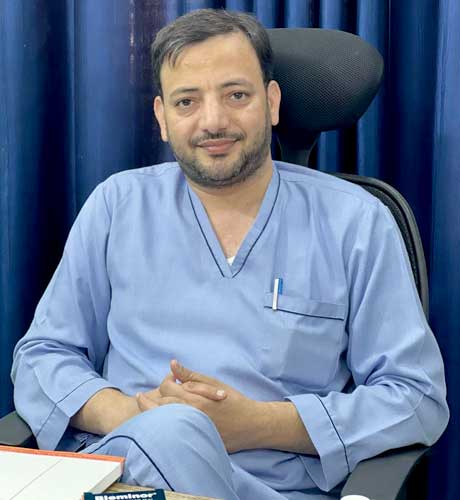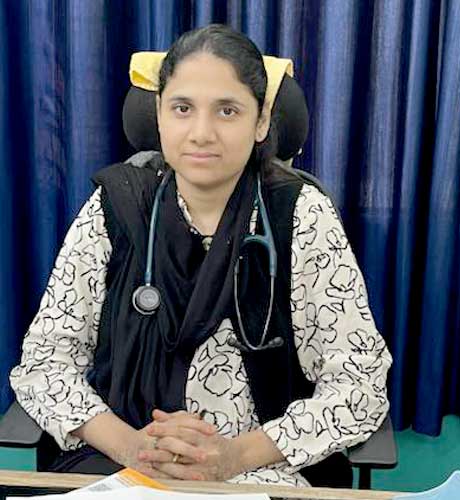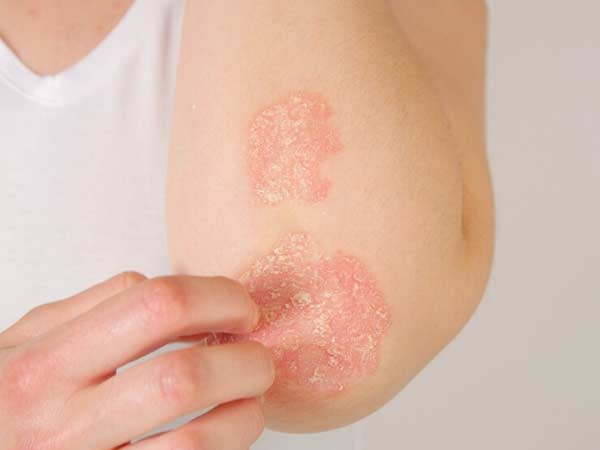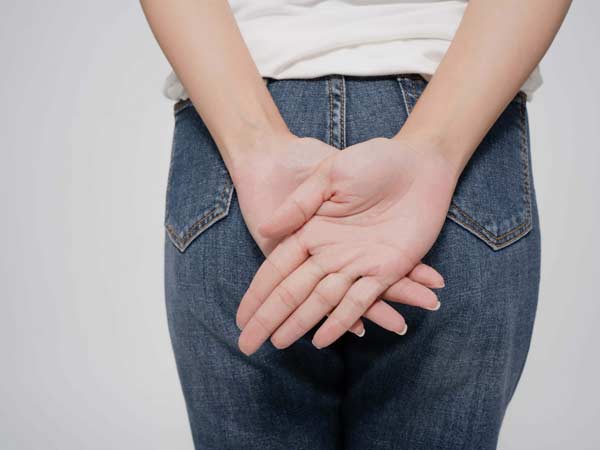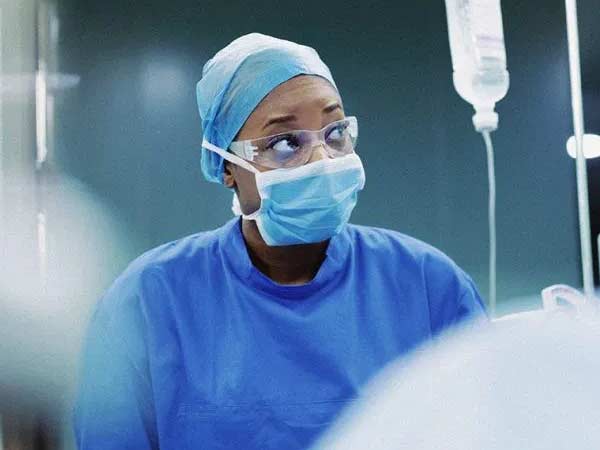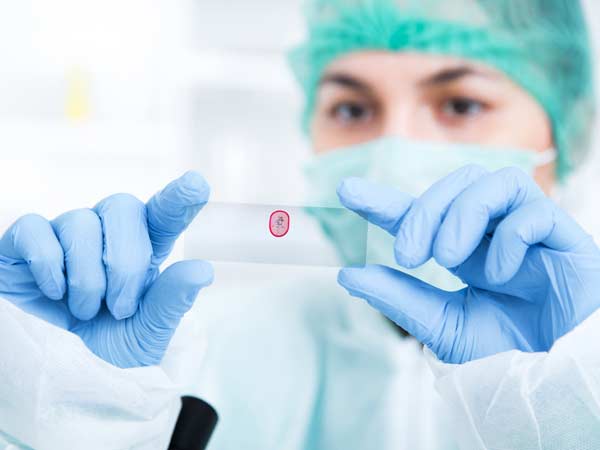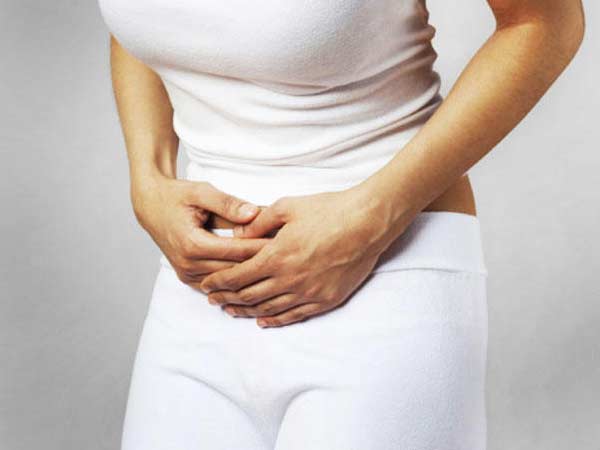Gallbladder stone surgery in East Delhi, also known as cholecystectomy, is a common procedure performed by experienced surgeons like Dr. Zahid to remove gallstones and alleviate symptoms. Gallstones are hard deposits that can form in the gallbladder, leading to pain and discomfort.
What are gallstones?
Gallstones are hard deposits of digestive fluid that can form in the gallbladder. The gallbladder is a small, pear-shaped organ located on the right side of the abdomen, just below the liver. The gallbladder contains digestive fluid called bile, which is released into the small intestine. Gallstones range in size from small, called biliary sludge, to large, like golf balls. Some people develop only one gallstone, while others develop many gallstones at the same time.
Those who have symptoms with gallstones usually need to have their gallbladder removed during gallbladder stone surgery in East Delhi. Gallstones that don’t cause signs or symptoms usually don’t need treatment.
What symptoms does it cause?
In the event that a gallstone becomes lodged in a duct and causes a blockage, the resulting signs and symptoms may include the following:
- Sudden and rapidly intensifying pain in the upper right side of the abdomen
- Sudden and rapidly intensifying pain in the center of the abdomen, just below the breastbone
- Back pain just between the shoulder blades
- Right shoulder pain
- nausea or vomiting
Gallstone pain can last from a few minutes to several hours.
Complications of gallstones can include:
- Gallbladder inflammation. A gallstone that lodges in the neck of the gallbladder can cause inflammation of the gallbladder (cholecystitis). Cholecystitis can cause severe pain and fever.
- Obstruction of the common bile duct. Gallstones can block the tubes (ducts) through which bile flows from the gallbladder or liver to the small intestine. Severe pain, jaundice, and infection of the bile ducts may occur.
- Obstruction of the pancreatic duct. The pancreatic duct is a tube that leaves the pancreas and connects to the common bile duct just before it enters the duodenum. Pancreatic juices, which aid in digestion, flow through the pancreatic duct.
A gallstone can cause a blockage in the pancreatic duct, which can lead to inflammation of the pancreas (pancreatitis). Pancreatitis causes severe and constant abdominal pain and usually requires hospitalization.
- Gallbladder cancer: People with a history of gallstones are at increased risk of gallbladder cancer. But gallbladder cancer is very rare, so even though the risk of cancer is high, the chance of gallbladder cancer is still very low.
Request an appointment with the laparoscopic surgeon in Laxmi Nagar if you have signs or symptoms that concern you.
Seek immediate care if you develop signs or symptoms of serious gallstone complications, such as:
- Severe abdominal pain that you can’t find a comfortable position.
- Yellowish color of the skin and in the white part of the eyes.
- High fever.
How is it diagnosed?
The tests and procedures used to diagnose gallstones and their complications include the following:
- Abdominal ultrasound. This test is the most commonly used to look for signs of gallstones. Abdominal ultrasound involves moving a device (transducer) back and forth across the abdomen area.
- Endoscopic ultrasound (EUS). This procedure can help identify smaller stones that may be missed on an abdominal ultrasound. During an endoscopic ultrasound, your doctor passes a thin, flexible tube (endoscope) through your mouth and digestive tract. A small ultrasound device (transducer) in the tube produces sound waves that create an accurate image of the surrounding tissue.
- Other diagnostic imaging tests. Additional tests may include magnetic resonance cholangiopancreatography (MRCP), computed tomography (CT), or endoscopic retrograde cholangiopancreatography (ERCP) or a hepatobiliary iminodiacetic acid (HIDA) scan. Gallstones discovered by endoscopic retrograde cholangiopancreatography may be removed during the procedure.
- Blood test. Blood tests may reveal infection, jaundice, pancreatitis, or other complications caused by gallstones.
What treatment options exist?
Most people with gallstones that do not cause symptoms will never need treatment. We’ll determine if treatment for gallstones is recommended based on your symptoms and diagnostic test results.
Treatment options for gallstones include the following:
- Surgery to remove the gallbladder (cholecystectomy). Your doctor may recommend gallbladder stone surgery in East Delhi to remove your gallbladder, since gallstones often return. Once the gallbladder is removed, bile flows directly from the liver to the small intestine, instead of remaining stored in the gallbladder.
You don’t need the gallbladder to live, and removing it doesn’t affect your ability to digest food, but it can cause diarrhea, which is usually temporary.
- Medications to dissolve gallstones. Medications you take by mouth can help dissolve gallstones. However, dissolving gallstones in this way can take months or years of treatment, and gallstones are likely to reform if treatment is stopped. Gallstone medications are not used often and are reserved for people who cannot have surgery.
Frequently Asked Questions (FAQs):
Q1. Is gallbladder stone surgery risky?
A1. Gallbladder stone surgery in East Delhi is considered safe and routine, with low risks of complications. However, as with any surgery, there are potential risks, such as bleeding, infection, or injury to nearby organs.
Q2. How long does it take to recover from gallbladder surgery?
A2. Recovery time varies, but most patients can resume normal activities within a few weeks after laparoscopic cholecystectomy. Open cholecystectomy may require a more extended recovery period.
Q3. Will I need to change my diet after the surgery?
A3. After surgery, you may need to avoid fatty and greasy foods initially. Your doctor will provide specific dietary guidelines to follow.
Q4. Can gallstones come back after surgery?
A4. Once the gallbladder is removed, gallstones cannot return. However, in rare cases, some individuals may develop stones in the bile ducts.
Conclusion
Gallbladder stone surgery in East Delih, performed by skilled surgeons like Dr. Zahid, is an effective way to treat gallstones and alleviate related symptoms. The procedure can be either laparoscopic or open, depending on individual circumstances. It is essential to follow preoperative and postoperative instructions to ensure a smooth recovery. While the surgery is generally safe, it is natural to have questions and concerns, so do not hesitate to discuss any doubts with your doctor. With proper care and adherence to medical advice, most individuals can expect a positive outcome and improved quality of life after gallbladder stone surgery.

